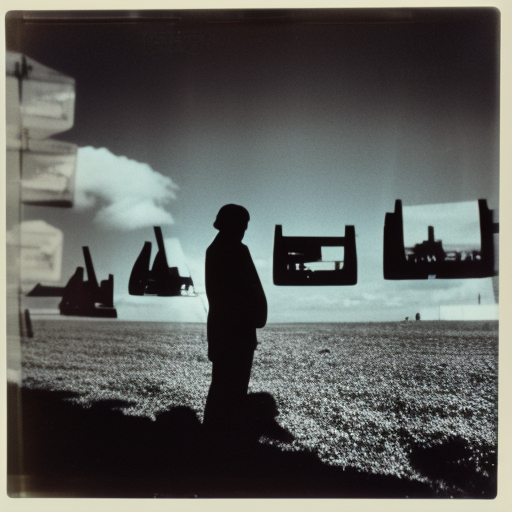Summary:
Documenta 14 was an international contemporary art exhibition that took place in Athens, Greece, and Kassel, Germany, in 2017. It aimed to explore the intersection of art, politics, and society, showcasing a diverse range of artworks and performances. The exhibition sparked debates and discussions around issues such as migration, colonialism, and the role of art in society.
Background:
Documenta is a renowned exhibition that has been held every five years since 1955 in Kassel, Germany. It is considered one of the most important events in the contemporary art world, attracting artists, curators, and art enthusiasts from around the globe. In 2017, for the first time in its history, Documenta expanded beyond Kassel to Athens, Greece, as part of its aim to engage with different cultural and political contexts.
The Exhibition in Athens:
The Athens segment of Documenta 14 took place from April to July 2017. It featured a wide range of artworks, performances, and events spread across various venues in the city. The exhibition aimed to create a dialogue between ancient and contemporary art, exploring the connections between Greece’s rich cultural heritage and its current socio-political challenges.
Themes and Artworks:
Documenta 14 in Athens focused on themes such as migration, displacement, and the effects of globalization. Many artworks addressed the refugee crisis and the experiences of migrants. For example, Nigerian artist Emeka Ogboh’s installation “The Way Earthly Things Are Going” used sound recordings from refugee camps to create an immersive experience. Another notable work was “The Parthenon of Books” by Argentine artist Marta Minujín, which recreated the Parthenon using banned books from around the world.
The Exhibition in Kassel:
Following its Athens debut, Documenta 14 moved to its traditional location in Kassel, Germany, from June to September 2017. The exhibition continued to explore themes of migration and displacement, while also addressing the history of colonialism and its ongoing impact. The artworks in Kassel were displayed in various venues, including museums, public spaces, and temporary structures.
Controversies and Debates:
Documenta 14 sparked several controversies and debates. One of the main controversies was related to the exhibition’s financial situation. It was revealed that Documenta 14 had accumulated a significant deficit, leading to criticism and calls for more transparency in the management of public funds. Another controversy arose from the inclusion of artworks that some considered provocative or offensive. These controversies, however, also stimulated discussions about the role of art in society and the limits of artistic freedom.
Legacy:
Documenta 14 left a lasting impact on the contemporary art world. It challenged traditional notions of art and exhibition-making by expanding beyond its usual location and engaging with political and social issues. The exhibition encouraged dialogue and reflection on topics such as migration, colonialism, and the power of art to provoke change. Documenta 14 demonstrated the potential of art to transcend boundaries and create meaningful connections between different cultures and societies.
In conclusion, Documenta 14 was a groundbreaking international art exhibition that took place in Athens, Greece, and Kassel, Germany, in 2017. It explored the intersection of art, politics, and society, addressing themes such as migration, displacement, and colonialism. The exhibition sparked controversies and debates, but also stimulated discussions about the role of art in society. Documenta 14 left a lasting legacy by challenging traditional exhibition models and encouraging dialogue on important global issues.












